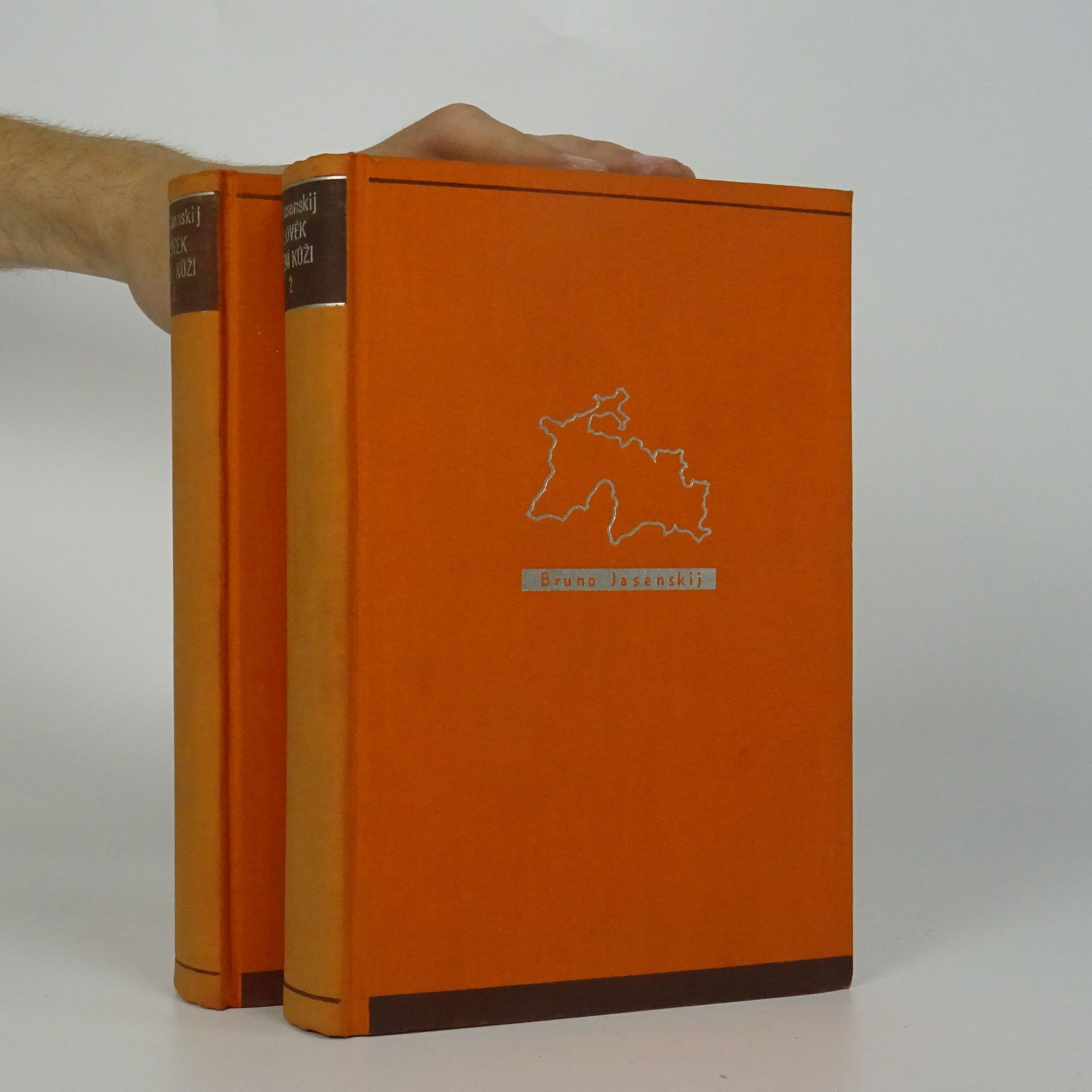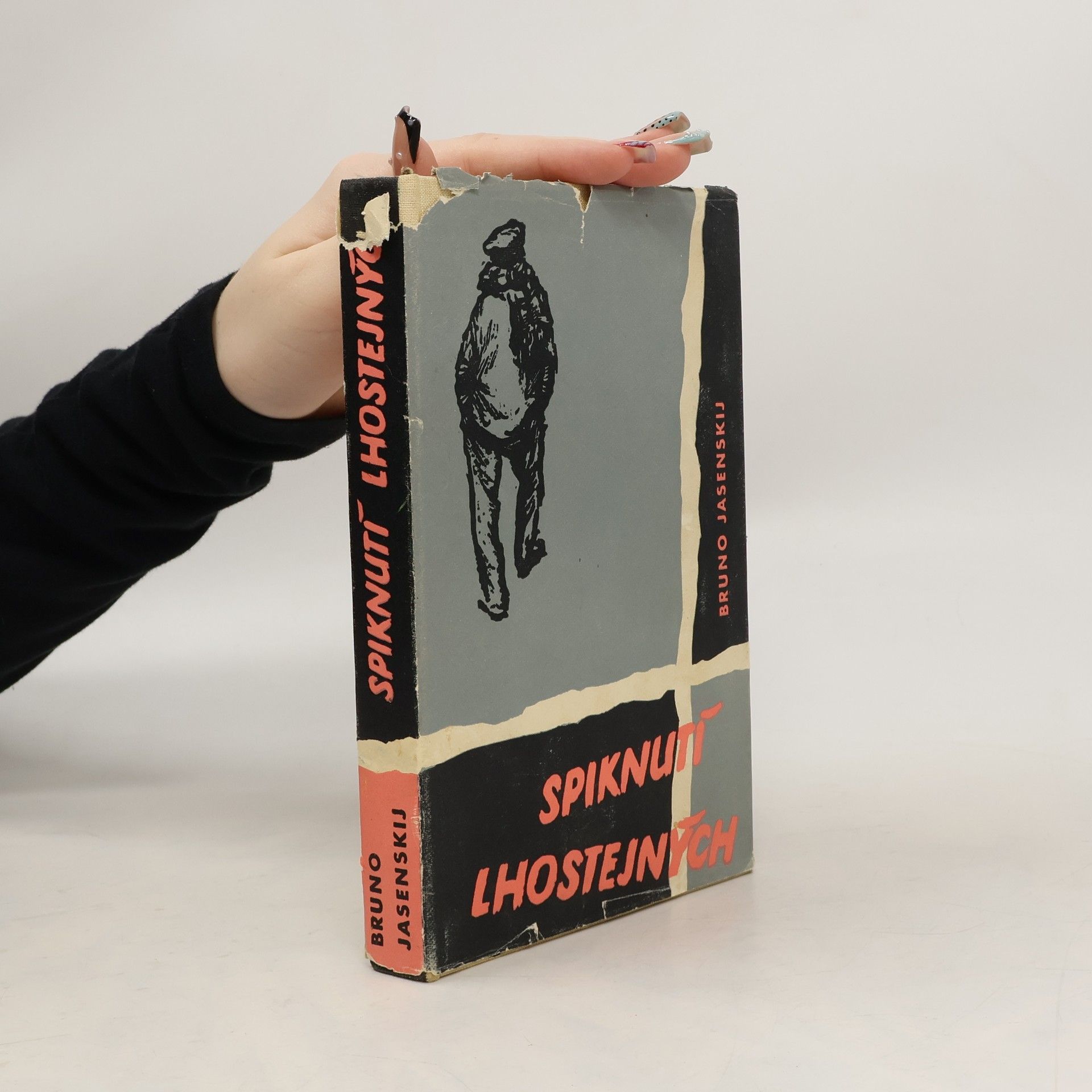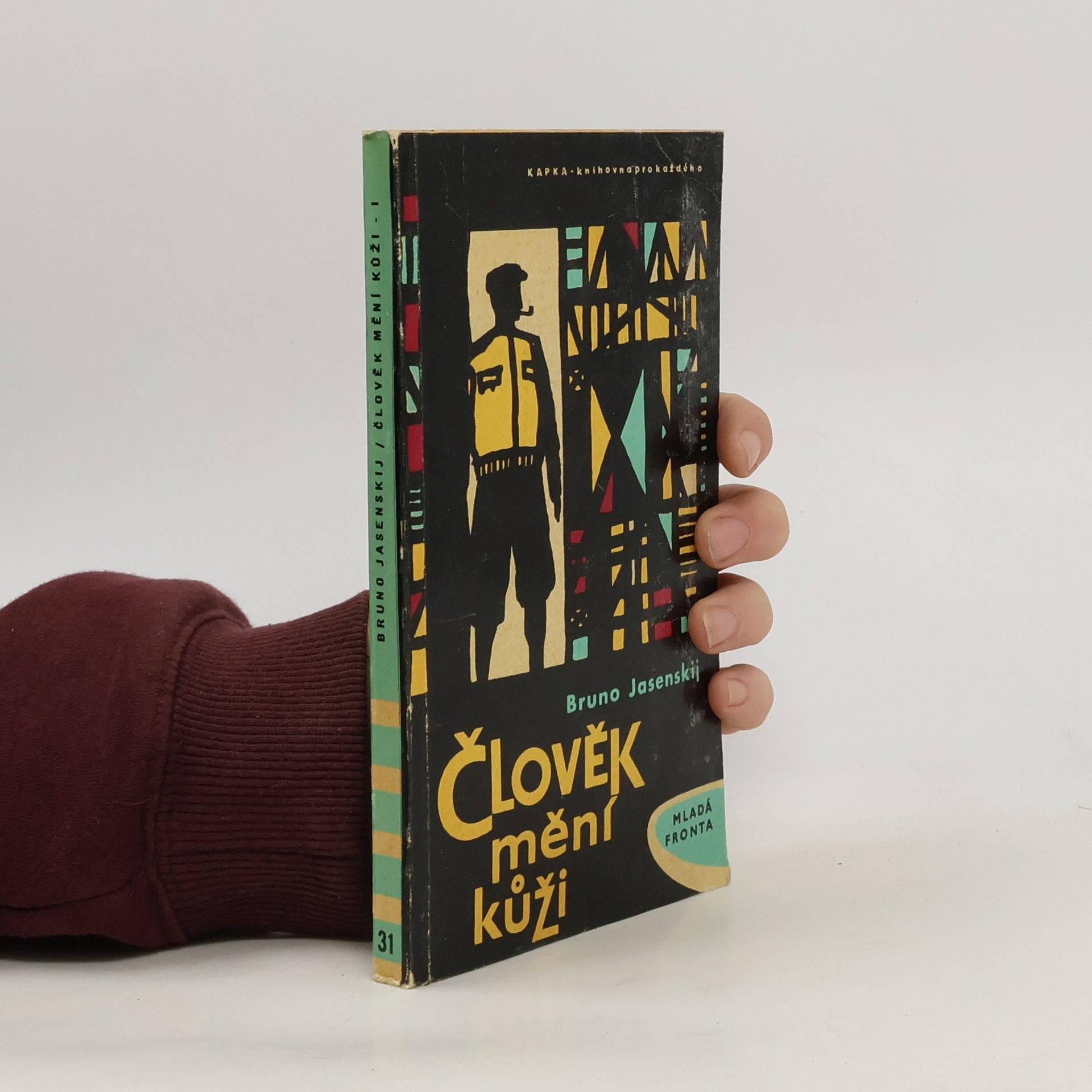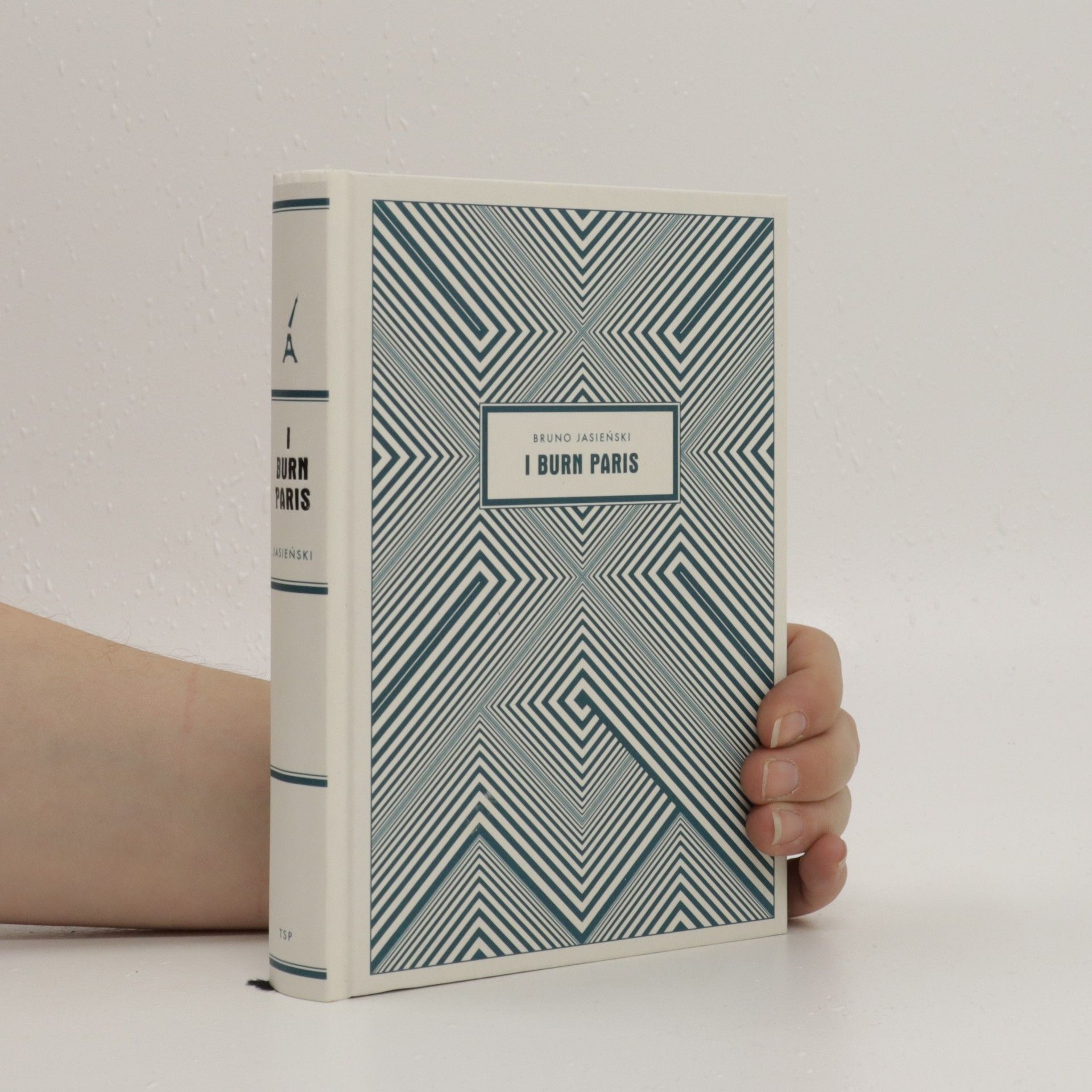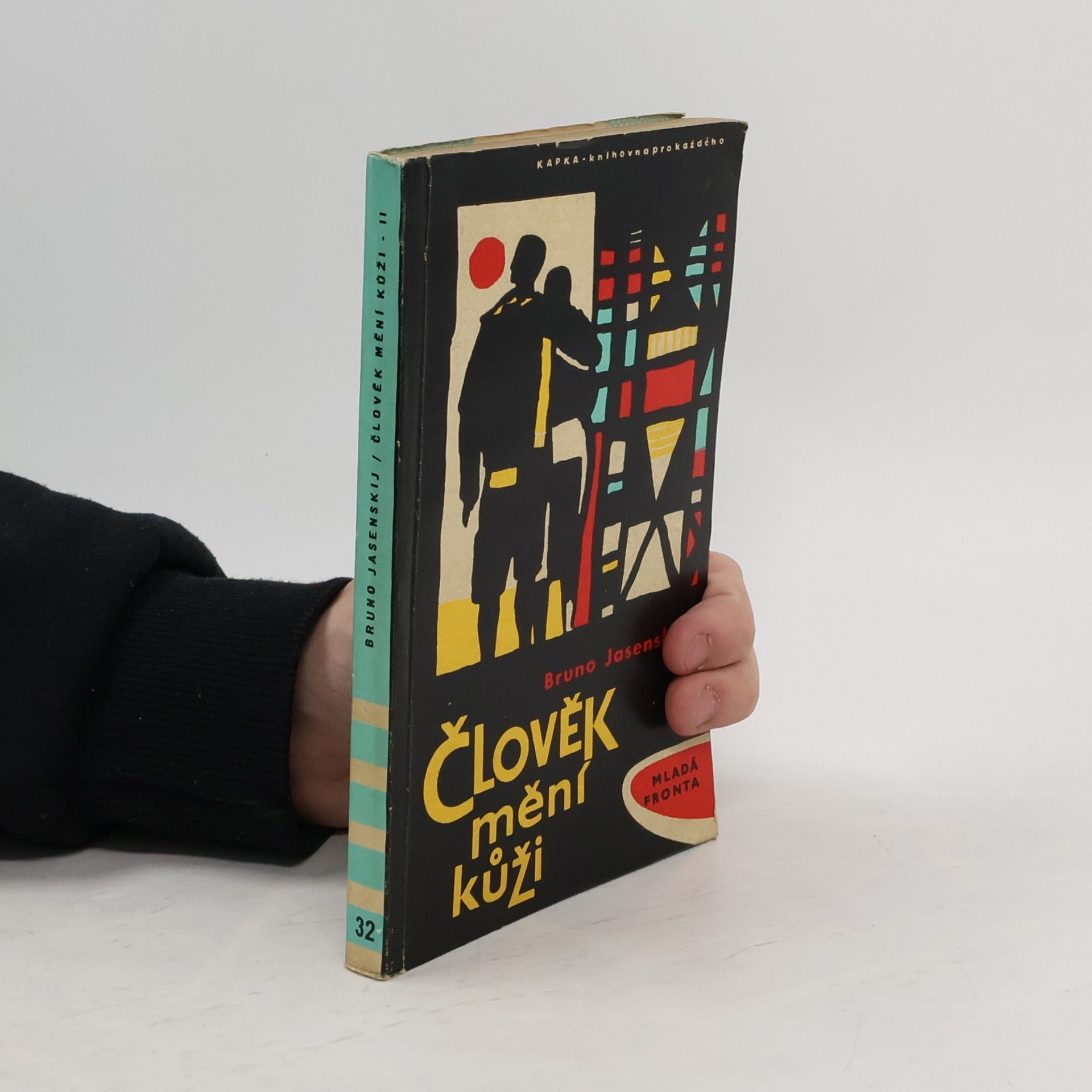I Burn Paris
- 309bladzijden
- 11 uur lezen
This book, published by Twisted Spoon Press in Prague, presents a powerful narrative that has remained a significant piece of Polish literature since its controversial serialization in 1928. It follows a disgruntled factory worker who, after losing his job, decides to poison Paris's water supply. As chaos ensues, the story unfolds against a backdrop of diverse characters, including Chinese communists, rabbis, disillusioned scientists, and American millionaires, all navigating a city fracturing into ethnic enclaves. Central to the narrative is a pervasive xenophobia that unites these groups amid the city's descent into ruin. The author issues a rallying cry for the oppressed, blending revolutionary themes with popular music. Employing montage techniques reminiscent of early avant-garde cinema, the novel dissects utopian fantasies with visceral metaphors. It transforms Paris into a landscape shaped by disease and despair, illustrating a world where factories and machines dominate, reducing human relationships to mere transactions. Despite its grim depiction, the writing possesses an immediacy that transcends simplistic propaganda, revealing the metropolis as superficially cosmopolitan yet fundamentally hostile. This English translation addresses a significant gap in the interwar Polish avant-garde literature, an artistic movement that is gaining renewed interest.

